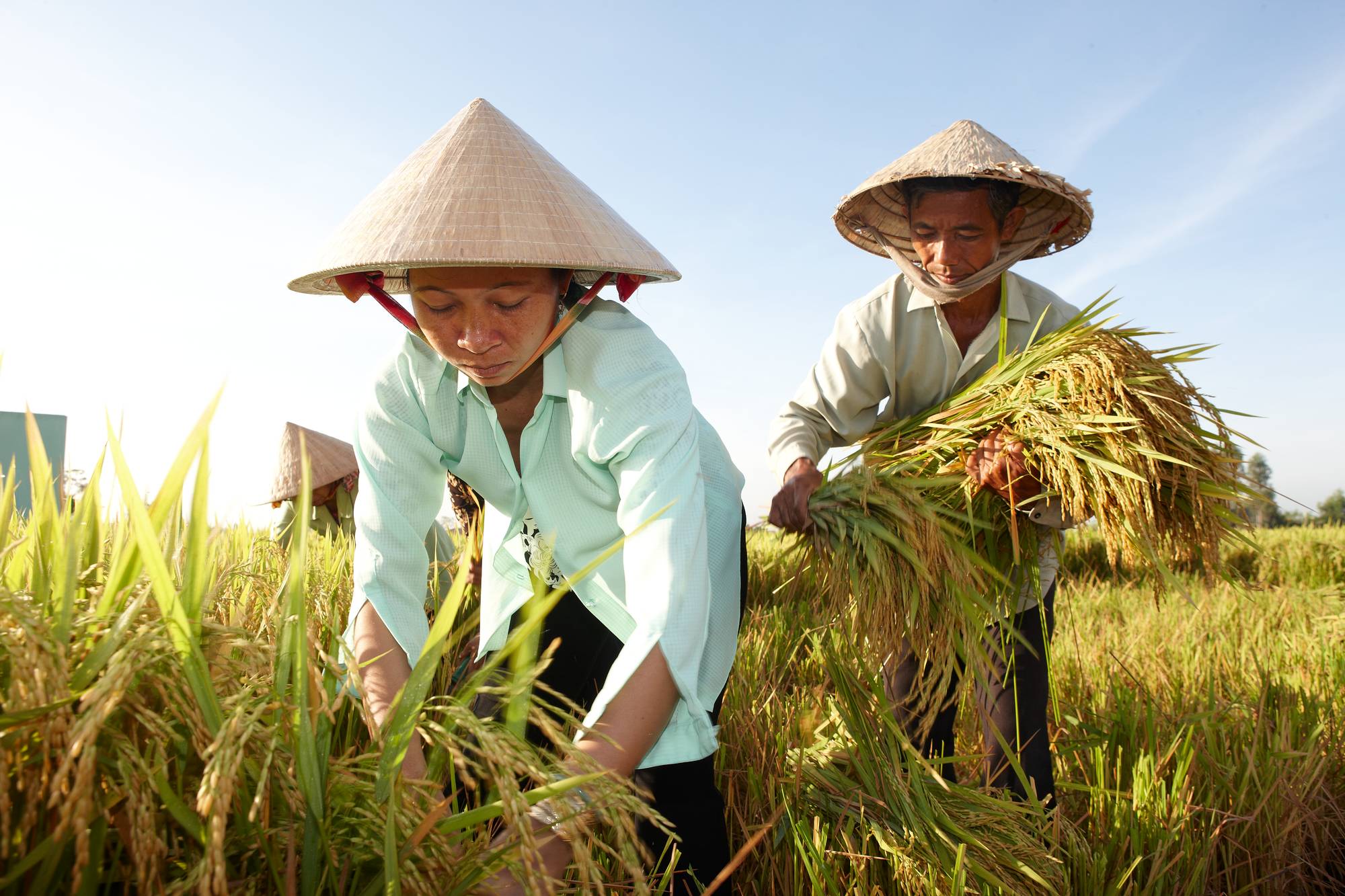Bayer to support 2m smallholder farmers in developing countries impacted by COVID-19
Bayer, as part of its societal engagement activities and through its new “Better Farms, Better Lives” initiative, is providing seeds and crop protection inputs as well as assistance with market access and support for health and safety needs to smallholder farmers in Asia, Africa and Latin America, who are facing additional challenges from COVID-19.

Bayer, as part of its societal engagement activities and through its new “Better Farms, Better Lives” initiative, is providing seeds and crop protection inputs as well as assistance with market access and support for health and safety needs to smallholder farmers in Asia, Africa and Latin America, who are facing additional challenges from COVID-19.
“Better Farms, Better Lives” is in line with the company’s overall aspiration to help build a world where there is health for all, hunger for none.
The initiative focuses on providing smallholder farmers with the assistance needed to address the additional challenges they may be facing as a result of the pandemic.
“Smallholder farmers are essential to providing food security to billions of people, but the ongoing COVID pandemic is placing extra challenges on their ability to produce food for their communities and beyond,” Liam Condon, president of Bayer’s crop science division, said.
“In this critical time, our hope is that our Better Farms, Better Lives initiative, additional support and partnerships with local and global NGOs will not only result in resiliency for smallholders but also ensure this current health and economic crisis does not turn into a hunger crisis.”
The COVID pandemic has caused logistical issues for many farmers globally due to enforced lockdowns which has limited access to seeds, crop protection inputs and labour.
As a result of disruptions to food supplies, consumers may ultimately see higher food prices, ironically at a time when many farmers are seeing reduced incomes due to disruptions in the supply chain and the subsequent lack of market access.
Bayer is committed to helping more than 100 million smallholders in low- and middle-income countries by 2030.
The immediate COVID-19 response through the “Better Farms, Better Lives” initiative complements ongoing smallholder support which will aid in mid-term recovery as well as long-term resilience.
Additionally, in collaboration with others and to ensure the greatest successful impact for smallholders, Bayer will expand its partnerships with governments, internationally recognised NGOs and local organisations, create a Smallholder Center of Excellence for sharing successes, provide accelerated access to digital farming tools to increase capabilities, scale up existing and new value chain partnerships, and further expand value chain partnerships across Asia-Pacific countries.
Through this initiative, Bayer plans to help up to two million smallholder farmers who provide food security to tens of millions of families in vulnerable communities.
The Better Life Farming Care Packages will be tailored to specific local needs and may include seeds for crops such as tomatoes, peppers, rice, and corn to sustain livelihoods, crop protection products, personal protective equipment, and safety and training materials.
Of the estimated 550 million smallholder farmers world-wide, it is estimated that 97 per cent work on farms that are smaller than 10 hectares, or 25 acres, and produce more than 80 per cent of the food in developing countries. These farms are often family-run businesses that have a long history in the communities where they live. — VNS





